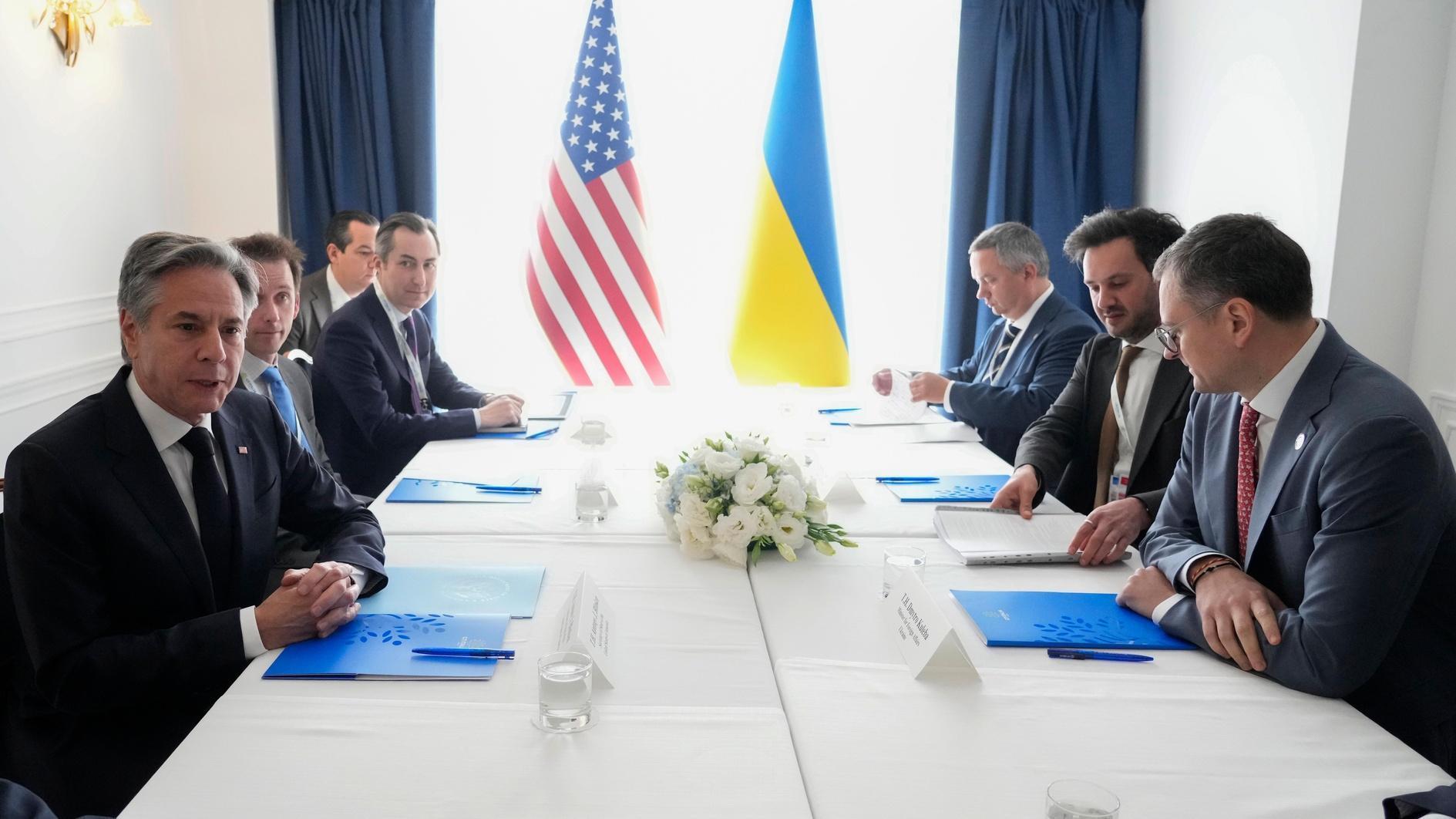Grab your pitchforks and torches, you will reach your target
On Sept. 8, Turkey survived what could easily have been one of the darkest dates in the country’s history.
Thousands of people across the country attacked Peoples’ Democratic Party (HDP) buildings - including its headquarters in Ankara, which was targeted by an arson attempt - homes, workplaces and the daily Hürriyet building in Istanbul, in which the Hürriyet Daily News is also located - the second physical attack on the building in 48 hours.
According to HDP officials, 128 of the party’s offices were damaged during the attacks. Some of them, including the local office in the popular resort town of Alanya, were torched. The mobs also attacked several workplaces in resort towns Manavgat and Side, setting a restaurant on fire because “it did not have a Turkish flag in its window.”
The mobs got together upon a call from the far-right “Idealist Hearths” (Ülkü Ocakları), which has close links with the Nationalist Movement Party (MHP), to protest the recent terror attacks on Turkish security forces by the outlawed Kurdistan Workers’ Party (PKK). The call was endorsed by high-level MHP officials, who have been portraying the HDP as an extension of the PKK. President Recep Tayyip Erdoğan, Prime Minister Ahmet Davutoğlu and Justice and Development Party (AKP) officials have also been blaming the HDP for the spiraling violence which has claimed more than 100 lives in the last two months.
So it was no surprise that the mobs targeted the HDP buildings, and also anyone who they thought was Kurdish. In the western province of Burdur, they even beat up a local man, who was in fact a Turkish nationalist, “because he looked like a terrorist.”
While the anger against the HDP is being fueled by many on both the right and left sides of the political spectrum, the anger against Hürriyet and the Doğan Media Group stems from one point: President Erdoğan and his pro-AKP supporters.
The first attack on the Hürriyet building on Sept. 6 was led by an AKP lawmaker, Abdurrahim Boynukalın, on the grounds that the daily’s website had misquoted President Erdoğan, who had given a live interview on TV that evening.
Boynukalın addressed the mob chanting Erdoğan’s name in front of the building: “From this point on, there is no difference between the HDP, the PKK, Daily Zaman and Aydın Doğan [the honorary chairman of Doğan Media Group]. All of them are terrorist organizations.” He also promised that “whatever the outcome of the Nov. 1 election is, we will make you [Erdoğan] president.”
No AKP official condemned the attack and no one was detained, encouraging the perpetrators for a second attack on Sept. 8.
Hours before the second attack, President Erdoğan once again targeted Hürriyet.
“I say in Kırşehir that a new Turkey and a new constitution can be built with a party that will [have] 400 parliamentary seats,” he said. “Tweets start immediately; those who call themselves a flagship start [tweeting]. ‘If 400 had been given, there would have been no Dağlıca.’ …What kind of a media are you? Ten minutes pass, they delete it. First they throw the poison, spread the virus. What kind of media integrity is this?”
He also once again blamed the HDP, “the extension of the separatist terrorist organization,” for the violence.
Hürriyet, and the newspaper’s ombudsman, have already admitted to wrongdoing over the tweet, but the angry mobs do not care. They are given a target, and without questioning, they rush there to do what damage they can.
The current tensions in the country, with daily news of PKK ambushes killing soldiers and police officers on one hand, and the discriminative and provocative language of some politicians on the other, is not sustainable. With more tension to come during the upcoming election campaigns, we are an inch away from a level of social unrest no country can cope with.
The PKK should stop its terror attacks immediately, without any conditions, and stop eroding the HDP’s chances of finding a solution to the problem within the parliamentary system. The political leaders should urge nothing but calm, without targeting any one or any institution.
“We must learn to live together as brothers or perish together as fools.”











